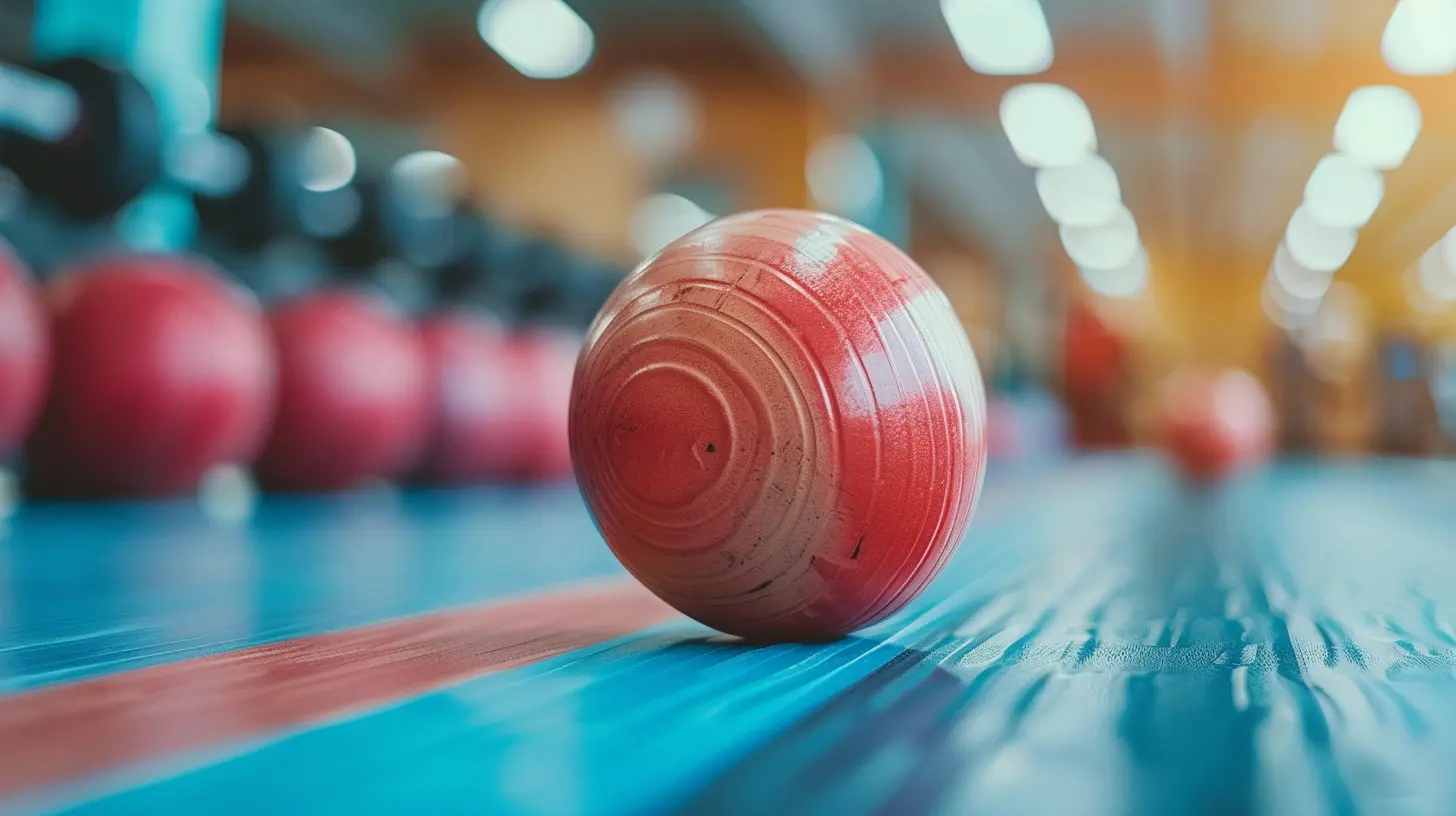7 April 2025
If you've ever felt bloated, sluggish, or struggled with irregular bowel movements, you're not alone. Digestive issues are common, but one of the simplest and most effective ways to keep things moving smoothly is through regular exercise.
Yes, you read that right—exercise isn’t just for burning calories or building muscle. It plays a crucial role in your gut health and can dramatically improve bowel regularity. So, if you're tired of feeling backed up, let's dive into how breaking a sweat can help keep your digestive system in check. 
The Gut-Exercise Connection
Your gut is like a well-oiled machine—it needs movement to function optimally. When you're physically active, your body stimulates the muscles in your digestive tract, encouraging bowel movements. This natural process can prevent constipation, reduce bloating, and promote overall gut health.Think about it this way: Your intestines are like a conveyor belt. When you stay active, the belt moves smoothly, pushing waste through your system efficiently. But if you’re sedentary, things slow down, leading to sluggish digestion and irregular bowel movements. 
How Exercise Affects Digestion
1. Enhances Intestinal Motility
Physical activity encourages the rhythmic contractions of your intestines, known as peristalsis. This is the process that moves food through your digestive system. Exercise acts like a natural stimulant, keeping everything flowing and reducing the risk of constipation.2. Reduces Stress (Which Affects Digestion!)
Stress and anxiety can wreak havoc on your gut. Ever noticed that when you’re stressed, you either run to the bathroom too often or not at all? Exercise helps manage stress by releasing endorphins—your body's "feel-good" hormones—reducing the impact stress has on your digestion.3. Promotes Healthy Gut Bacteria
Your gut is home to trillions of bacteria that play a key role in digestion. Studies show that regular exercise can enhance the diversity and balance of your gut microbiome, leading to better digestion and absorption of nutrients.4. Prevents Constipation
One of the most frustrating digestive issues is constipation. Thankfully, exercise helps by improving circulation and increasing blood flow to the intestines, which speeds up the digestive process and makes bowel movements more regular.
Best Types of Exercise for Bowel Regularity
Not all workouts are created equal when it comes to improving digestion. Here are some of the best exercises to keep your gut happy:1. Walking
A simple 20-30 minute walk can do wonders for your digestive system. Walking gently stimulates the intestines, encouraging movement without putting stress on your body.2. Yoga
Certain yoga poses, like twists and forward folds, massage your digestive organs and promote bowel movements. Poses like "Wind-Relieving Pose" (aptly named, right?) can help reduce bloating and get things moving.3. Running or Jogging
Cardio workouts get your blood pumping and stimulate intestinal contractions. Just be cautious—intense running can sometimes have the opposite effect and cause sudden urges (yes, runner’s diarrhea is a real thing!).4. Strength Training
Lifting weights or doing bodyweight exercises, like squats and lunges, engage your core muscles and put gentle pressure on your intestines, helping with digestion.5. Pilates
Pilates focuses on core engagement, which strengthens the abdominal muscles involved in digestion. Plus, the controlled breathing techniques promote relaxation, reducing stress-related digestive issues.
How Often Should You Exercise for Digestive Health?
The good news? You don’t have to hit the gym for hours to see benefits. Even light physical activity can improve bowel regularity.Here’s a simple guideline:
- Aim for at least 30 minutes of moderate exercise most days of the week.
- Break it up if needed—three 10-minute walks work just as well as one 30-minute session.
- Listen to your body—if high-intensity workouts upset your stomach, opt for lower-impact options like yoga or walking.
Other Lifestyle Habits That Complement Exercise
Exercise is a major player in digestive health, but pairing it with other good habits can make all the difference.1. Stay Hydrated
Drinking plenty of water keeps stools soft and easy to pass. Dehydration, on the other hand, is a common cause of constipation.2. Eat a Fiber-Rich Diet
Load up on fruits, vegetables, whole grains, and legumes. Fiber adds bulk to stools, making them easier to pass.3. Manage Stress
Chronic stress can slow digestion and lead to gut discomfort. Incorporate mindfulness, meditation, or even deep breathing exercises into your daily routine.4. Get Enough Sleep
Your digestive system works while you rest. Poor sleep can lead to irregular bowel movements and discomfort.5. Avoid Excessive Processed Foods
Junk food and highly processed meals lack fiber and can contribute to sluggish digestion. Stick to whole, nutrient-dense foods whenever possible.When to See a Doctor
While exercise is a great way to improve digestion, persistent digestive issues shouldn't be ignored. If you experience any of the following, it’s a good idea to check in with a healthcare professional:- Long-term constipation despite lifestyle changes
- Severe bloating, pain, or discomfort
- Blood in stool
- Unexplained weight loss
- Chronic diarrhea
These could be signs of an underlying digestive disorder that requires medical attention.
Final Thoughts: Move More, Poop Better!
At the end of the day, your body thrives on movement. Regular exercise isn’t just about staying fit—it’s a natural way to keep your digestive system running smoothly. Whether it's walking, yoga, or strength training, incorporating physical activity into your routine can have a profound effect on your gut health.So next time you feel sluggish or backed up, instead of reaching for a laxative, try getting up and moving—it might just be the most natural (and effective) solution!





Mabel Dorsey
This article effectively highlights the link between exercise and bowel regularity, emphasizing physical activity's role in stimulating digestion and enhancing gut health. It succinctly presents evidence supporting these benefits, making a compelling case for integrating regular exercise into daily routines.
April 17, 2025 at 4:58 PM